mHEALTH-INNOVATE: exploring healthcare workers’ informal and innovative uses of mobile phone messaging in LMICs
Project
|Published
Healthcare workers across the world are increasingly using easily accessible internet-based mobile phone apps such as WhatsApp to overcome the challenges they meet in their everyday work. In this project, we will explore what we can learn from these informal solutions so as to strengthen health systems in low- and lower middle-income countries.
Summary
Digital technologies are seen as important for improving access to and the quality of healthcare services. Considerable research has focused on ‘top-down’ digital strategies initiated by researchers, governments and others. However, there has been far less focus on healthcare workers’ own, informal solutions.

By undertaking a systematic review as well as in-depth studies in Uganda, we will explore how healthcare workers use mobile phone-based messaging apps in innovative, informal ways to solve everyday challenges in their clinical work. We will also explore whether these solutions can be integrated into health policies and governance to enhance service delivery, and ultimately reduce disease burden and promote health equity.
The project will be carried out by project partners from Makerere University, Uganda; the Norwegian Institute of Public Health; the University of Oslo, Norway; Johns Hopkins Bloomberg School of Public Health, USA; the World Health Organization; and the Healthcare Information for All network (HIFA).
Participating institutions and individuals
|
Institution |
Participants |
|
|
Norwegian Institute of Public Health 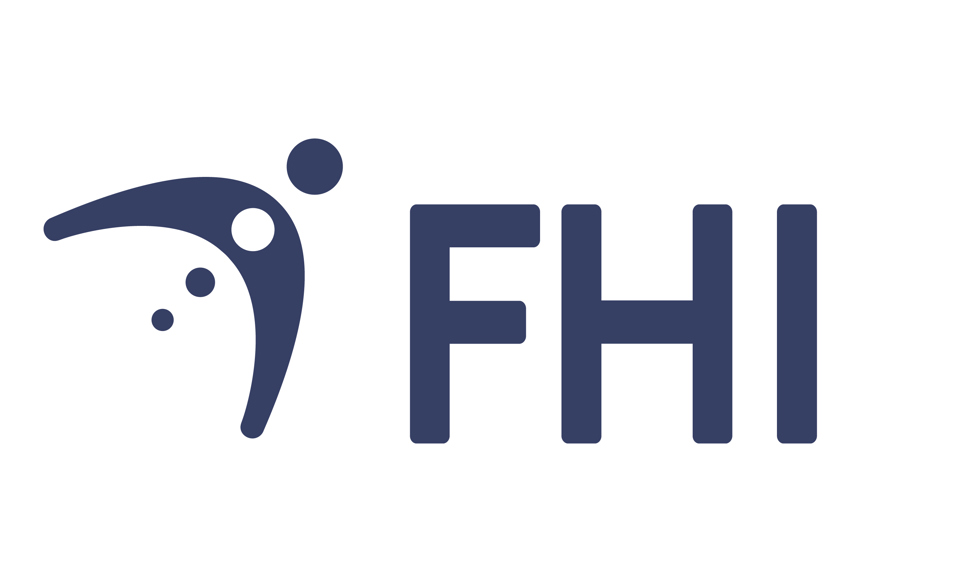
|
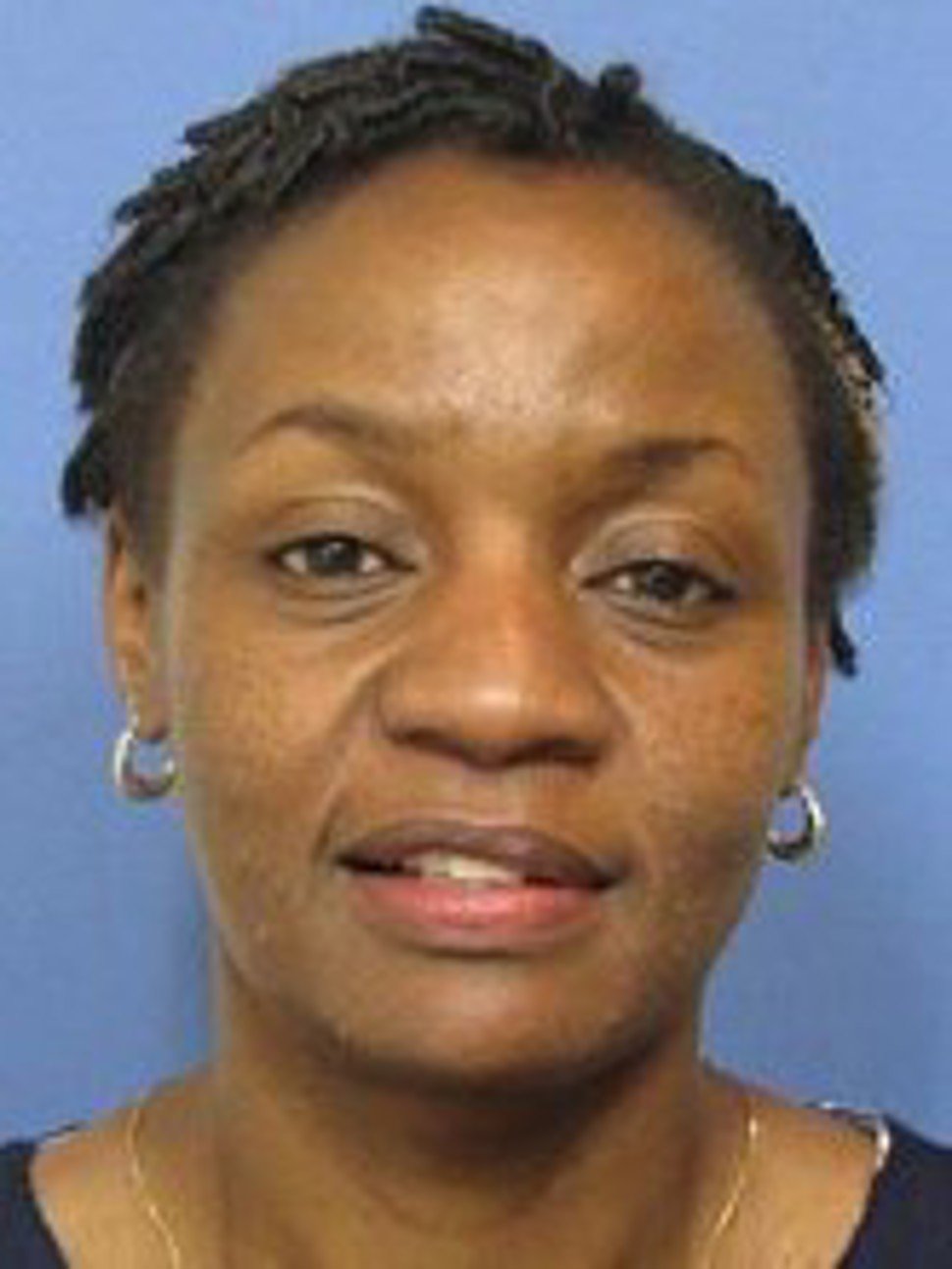
|
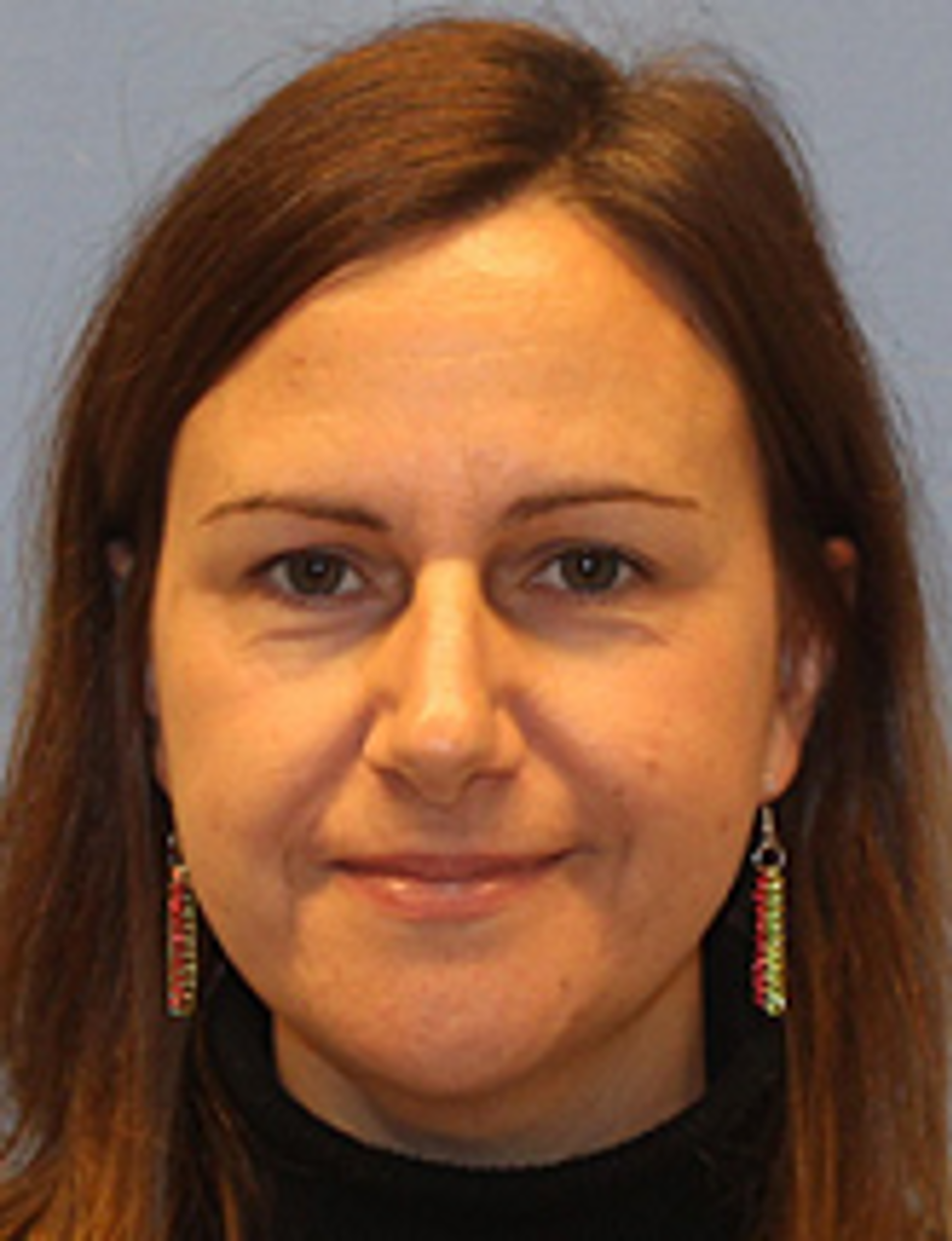
|
|
|
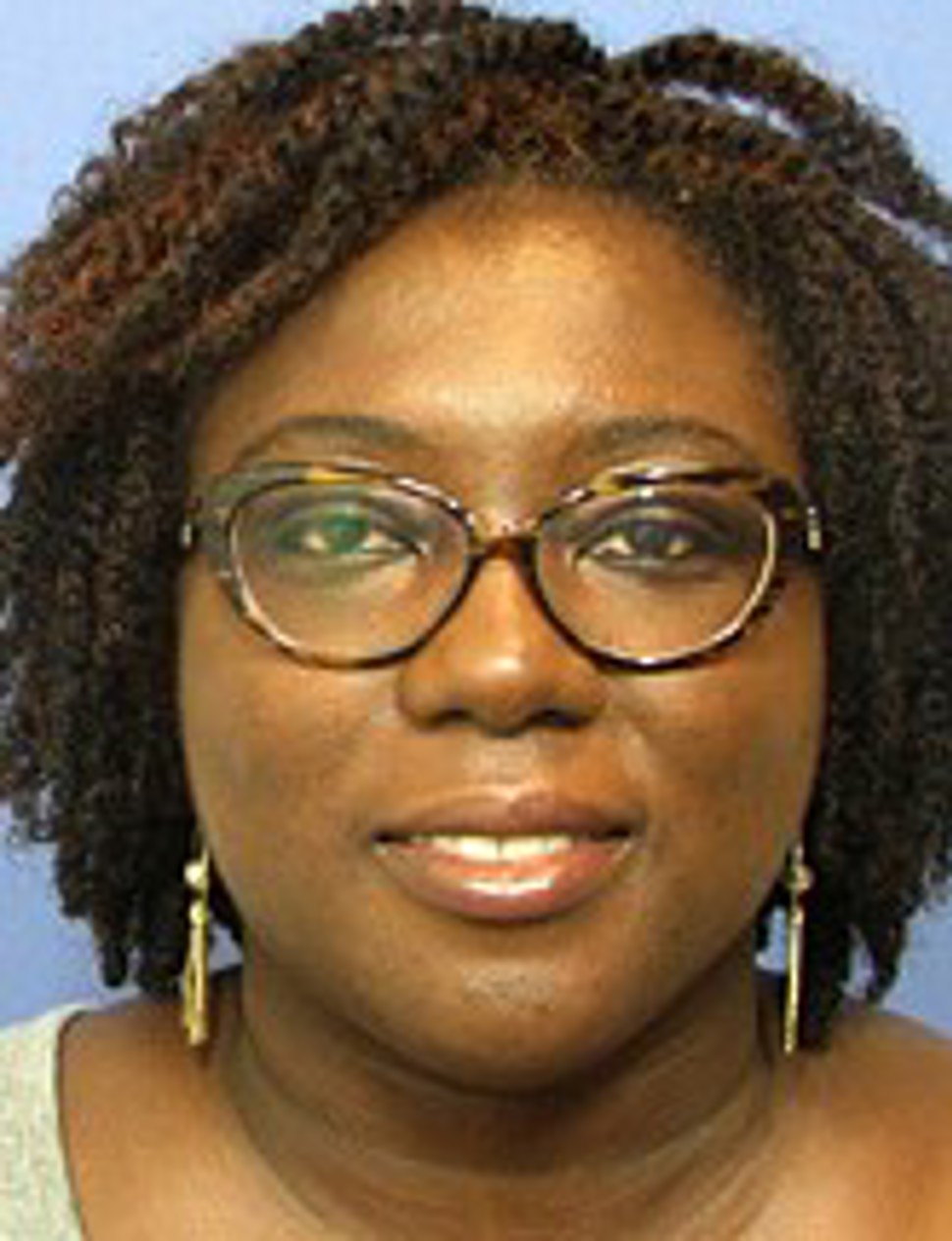
|
|
|
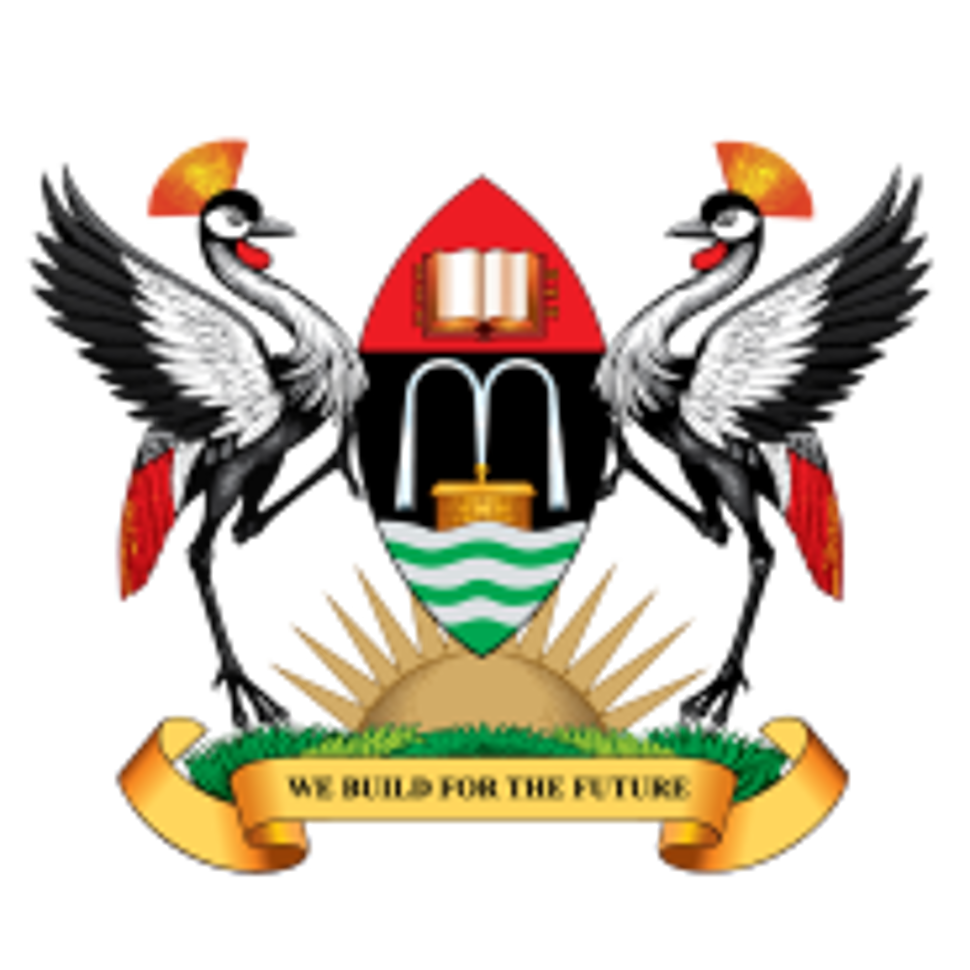
|
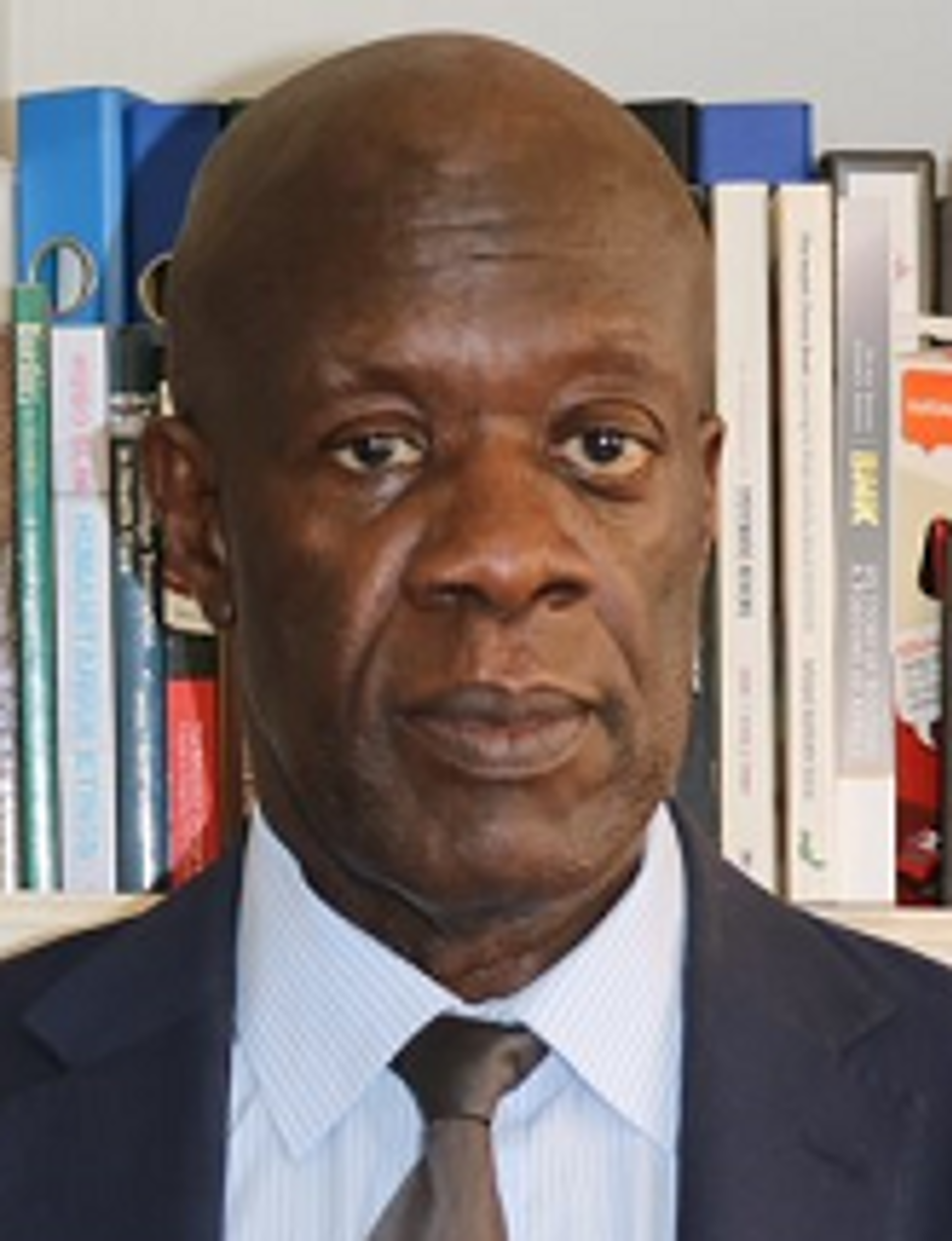

|
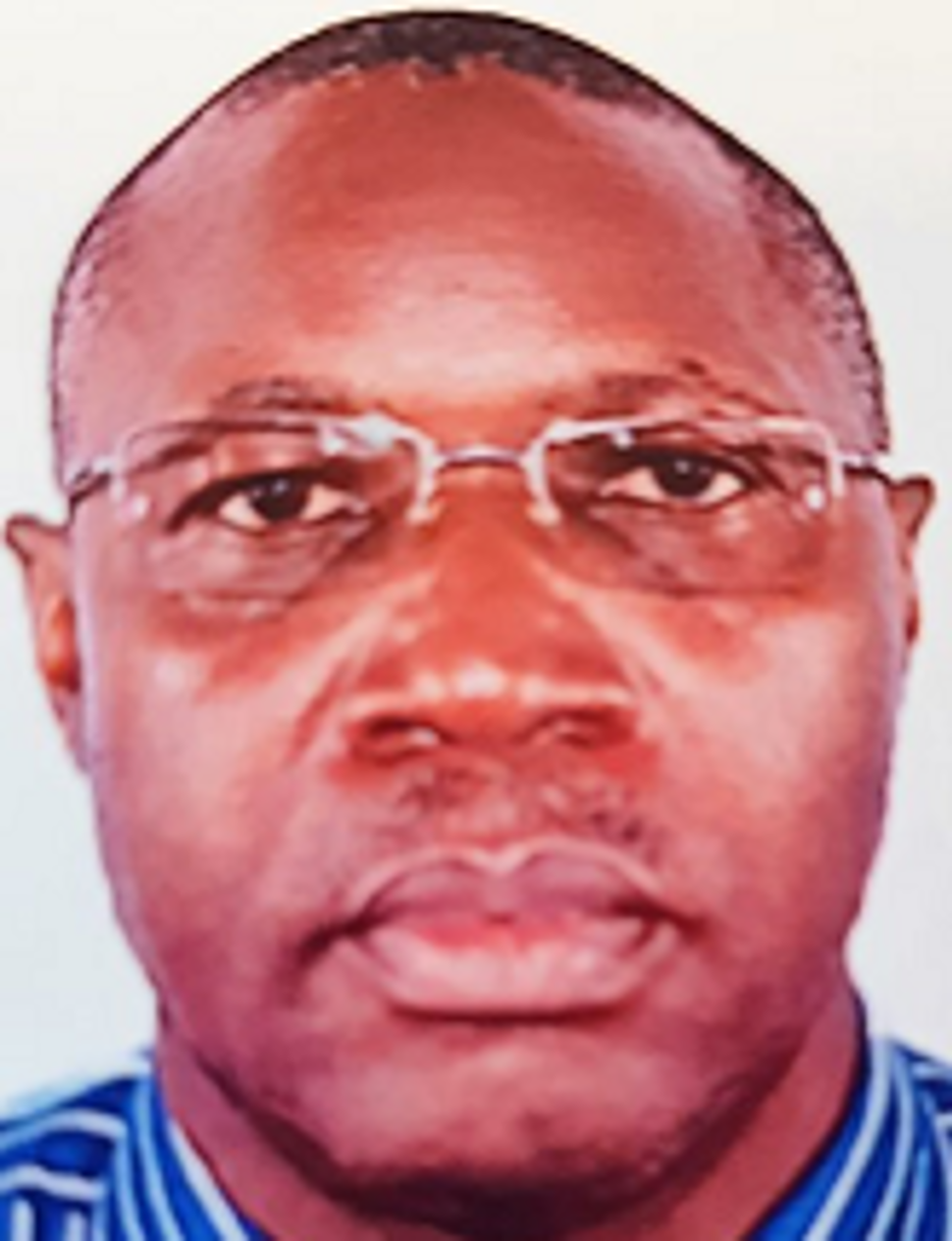
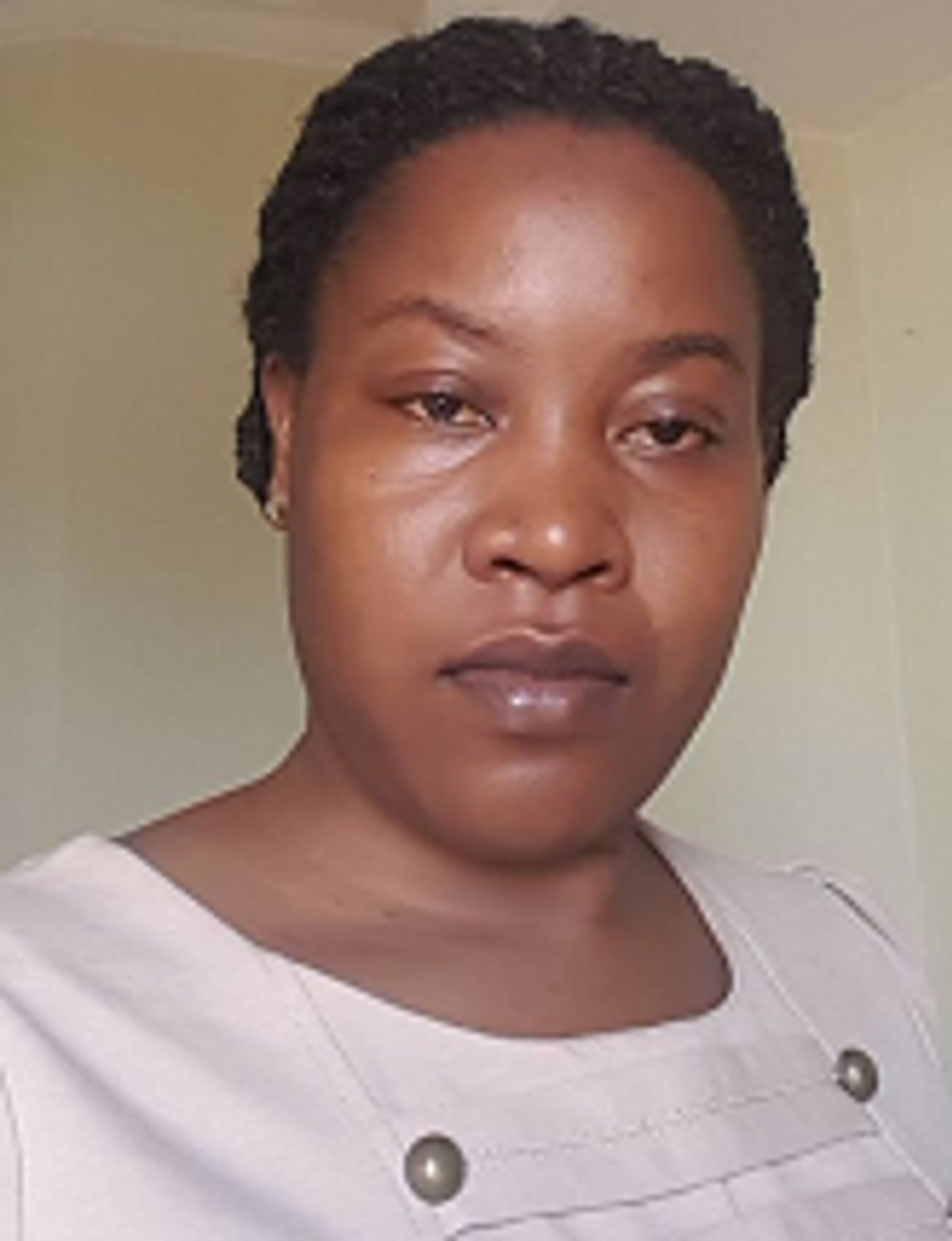
|
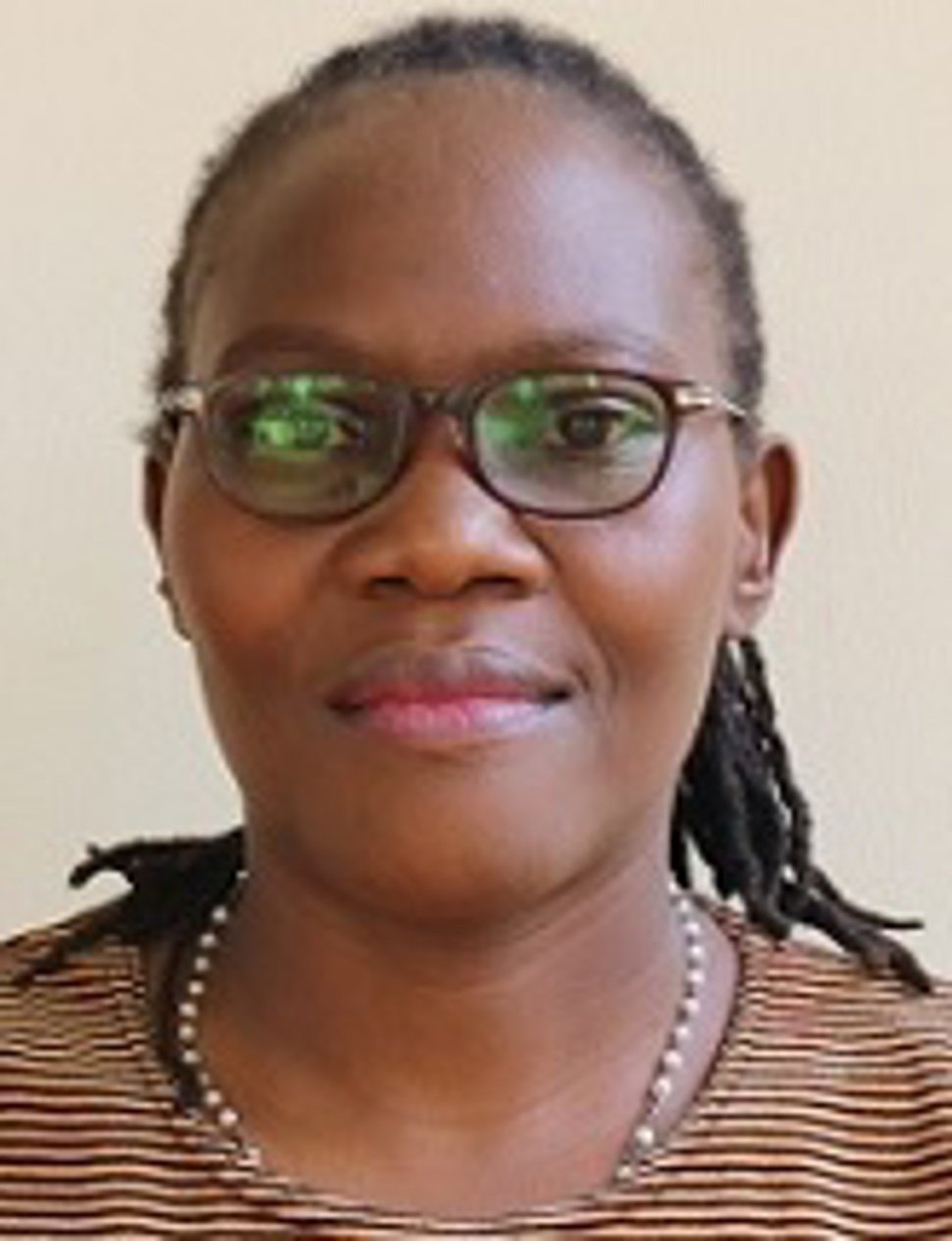
|
||
|
Western Norway University of Applied Sciences 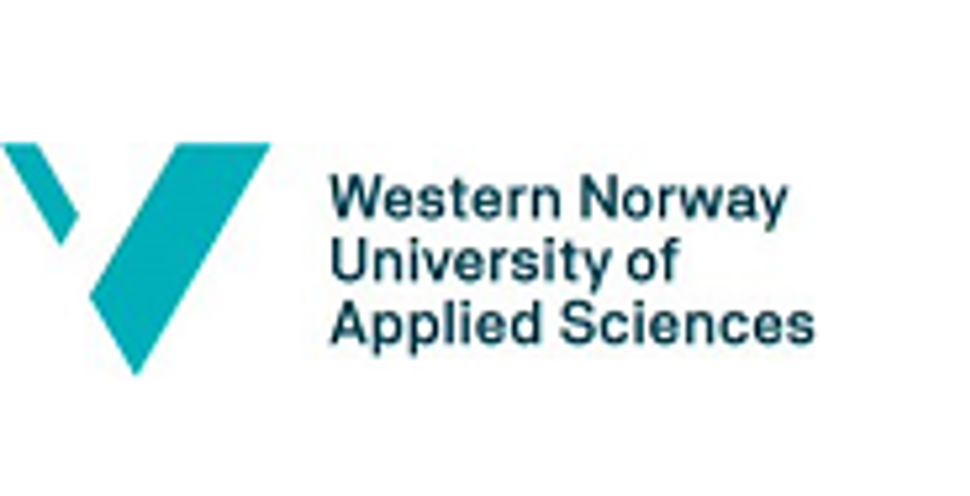
|
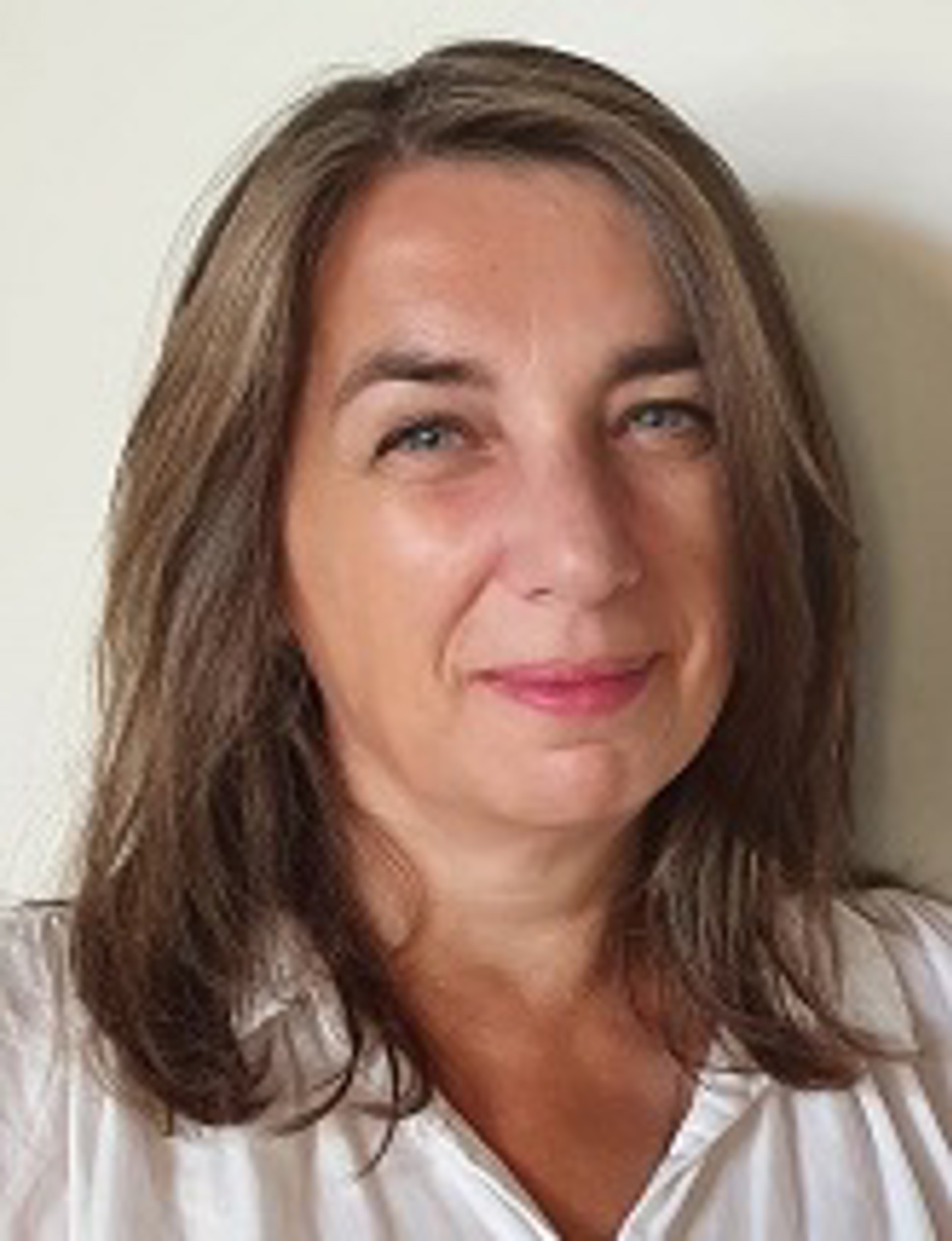
|
|
|
Norwegian University of Science and Technology (NTNU) 
|
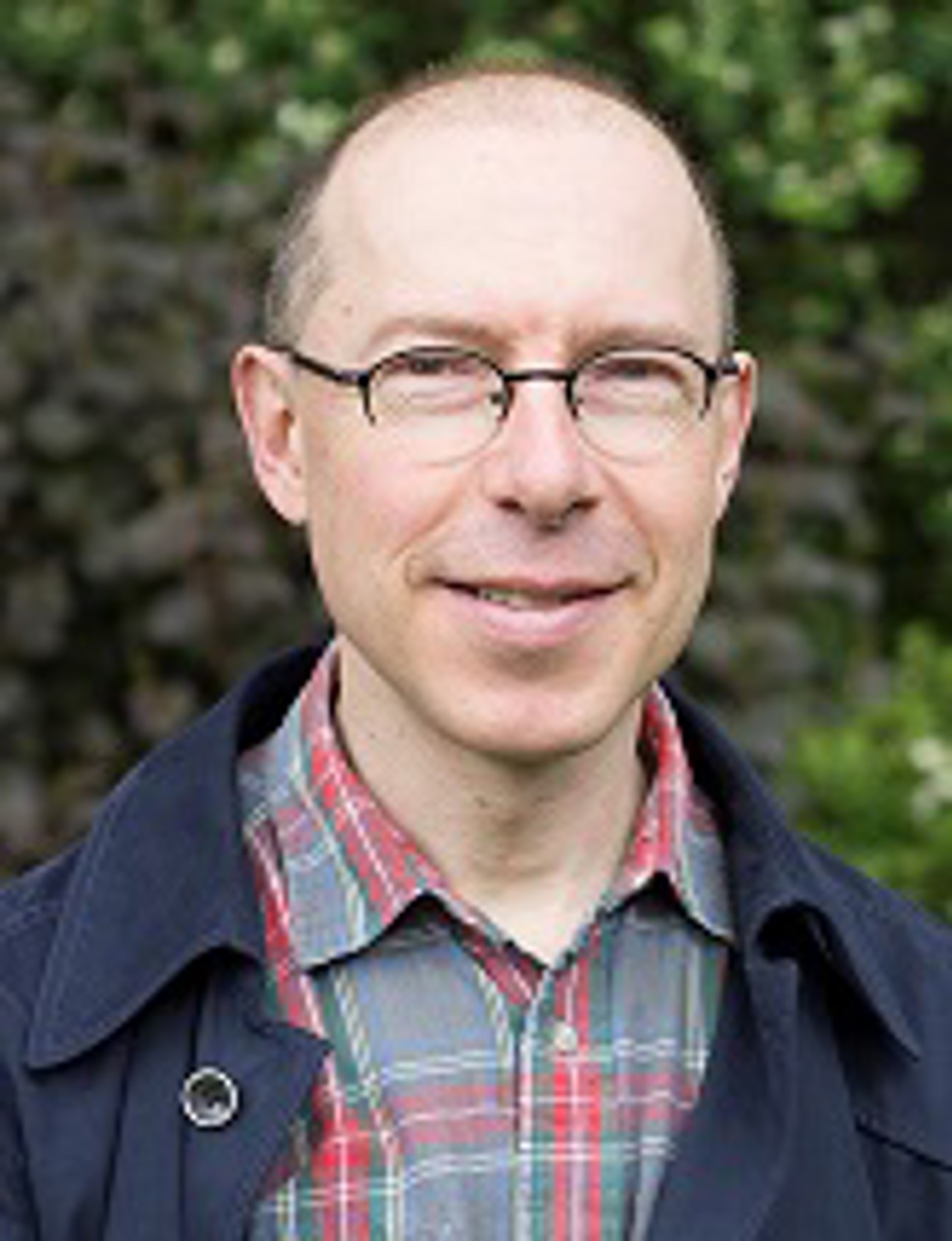
|
|

|
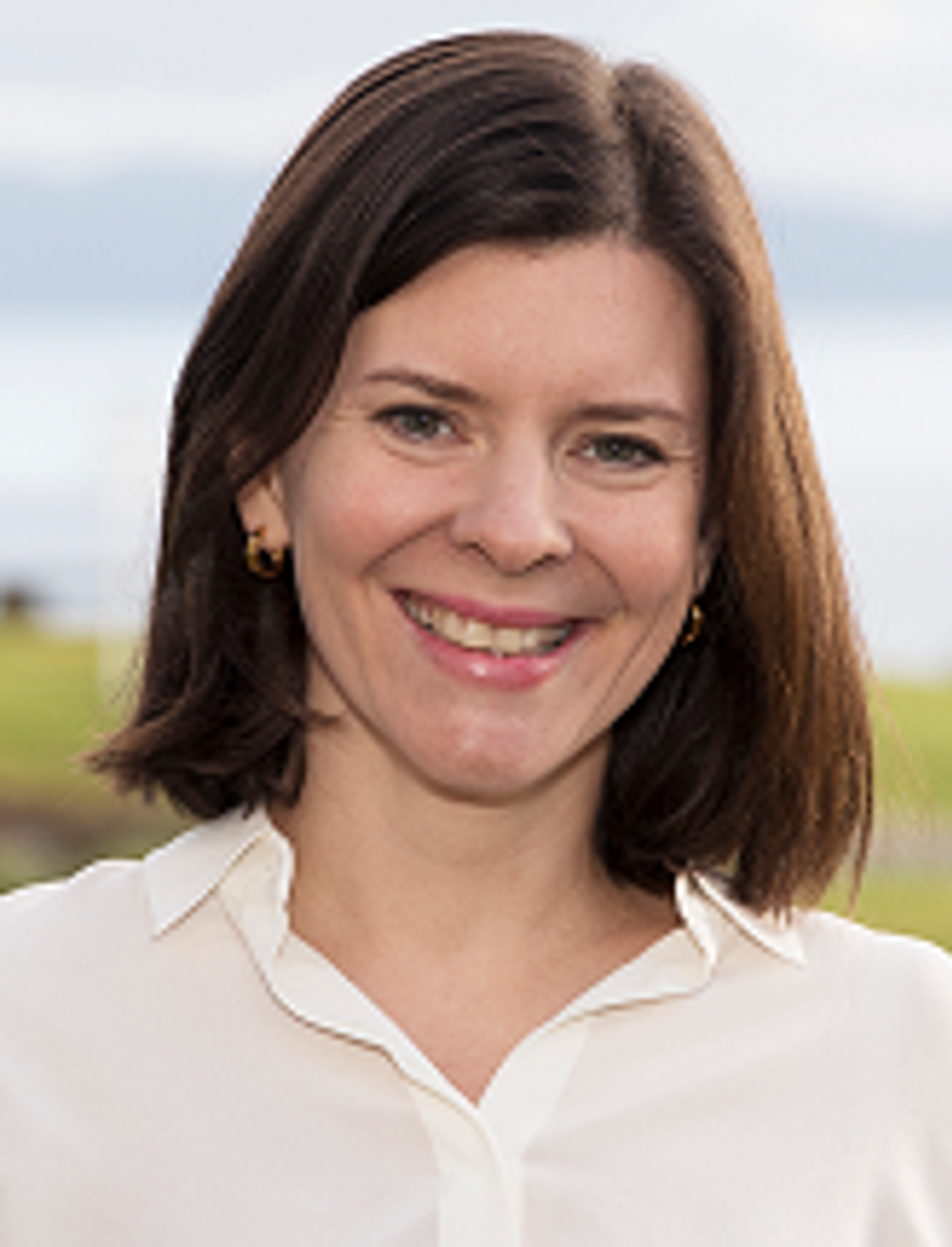
|
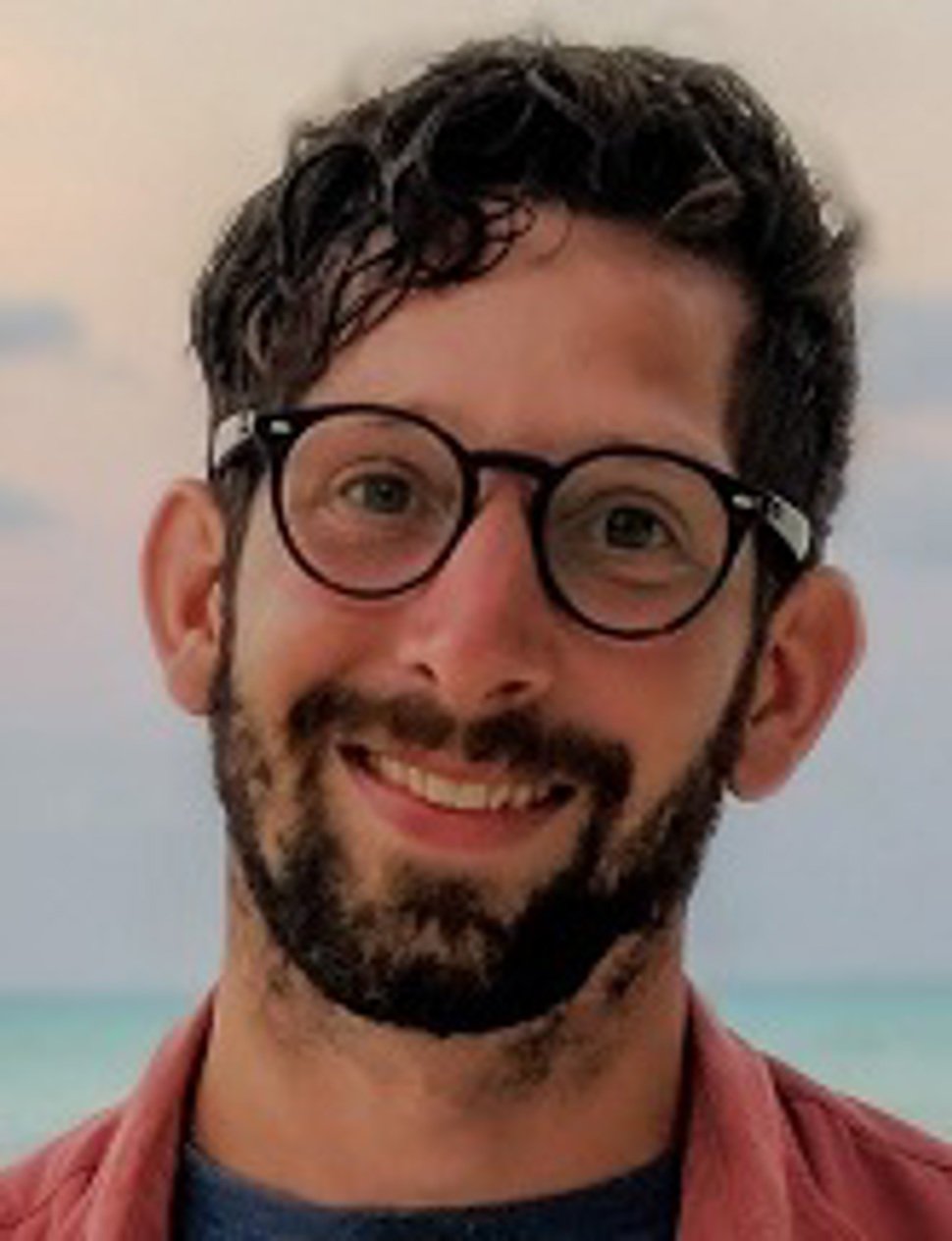
|
|
Healthcare Information for all (HIFA) 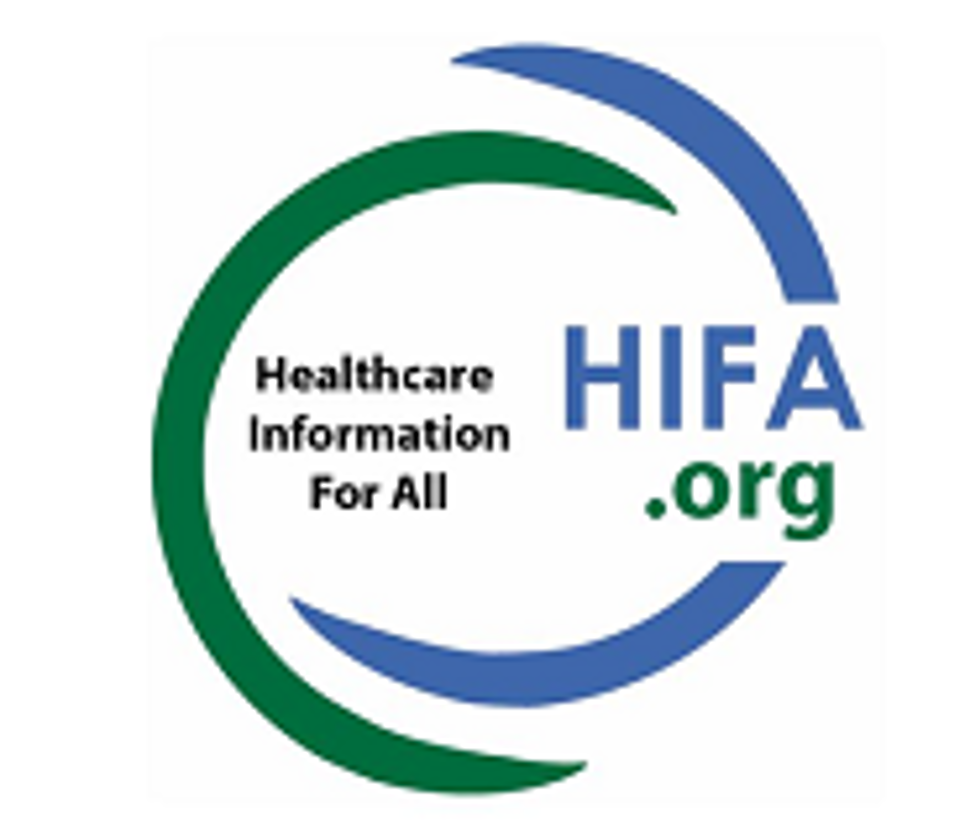
|
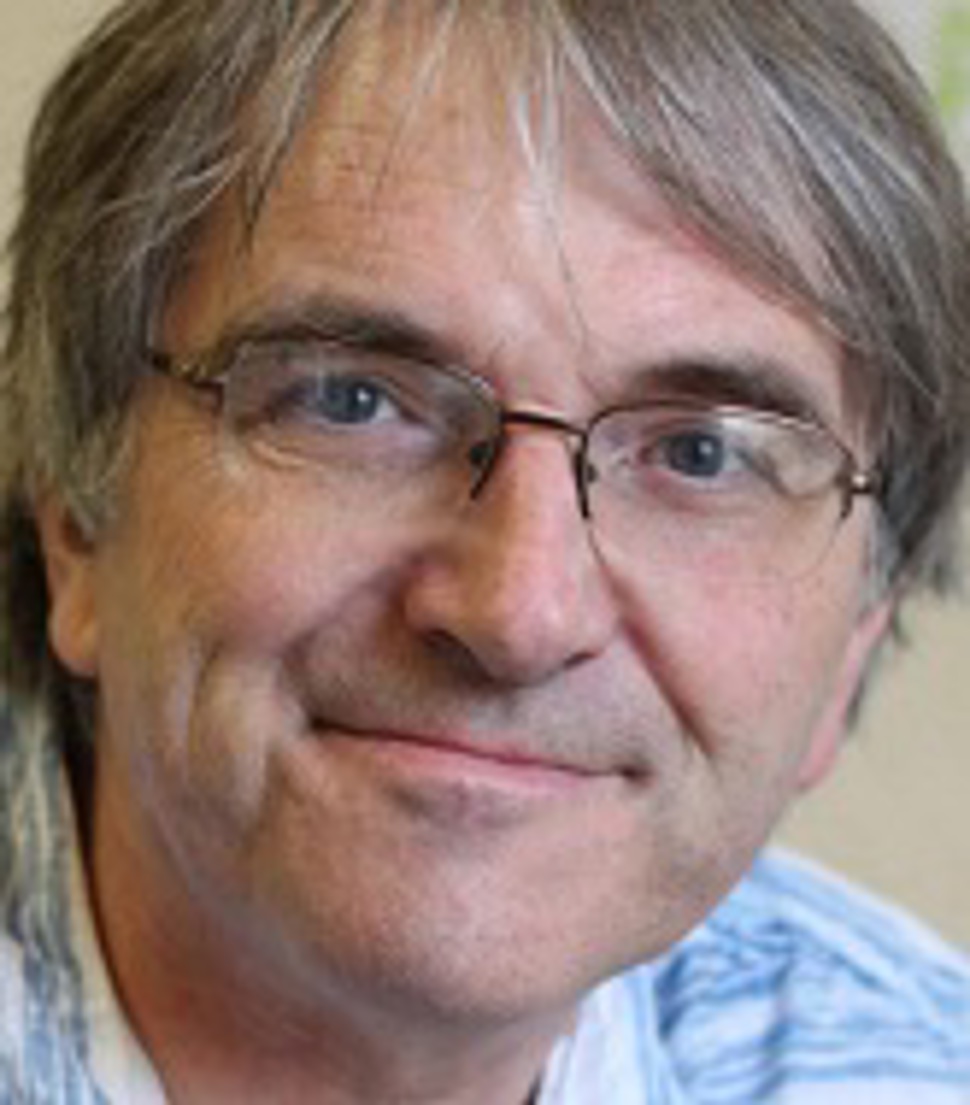
|
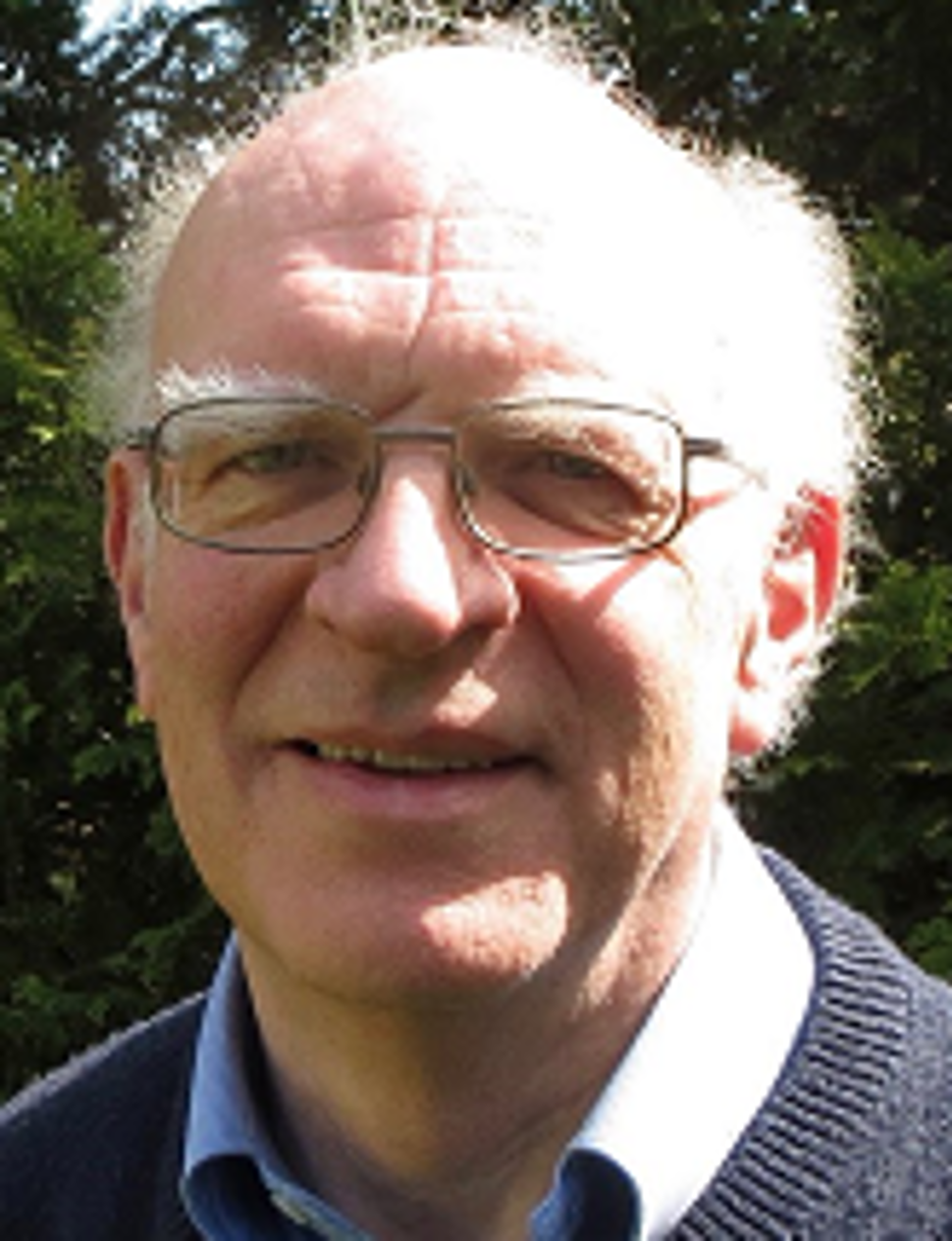
|
|
-Department of Sexual and Reproductive Health and Research -Department of Digital Health and Innovation -Regional Office for the Eastern Mediterranean (EMRO) |
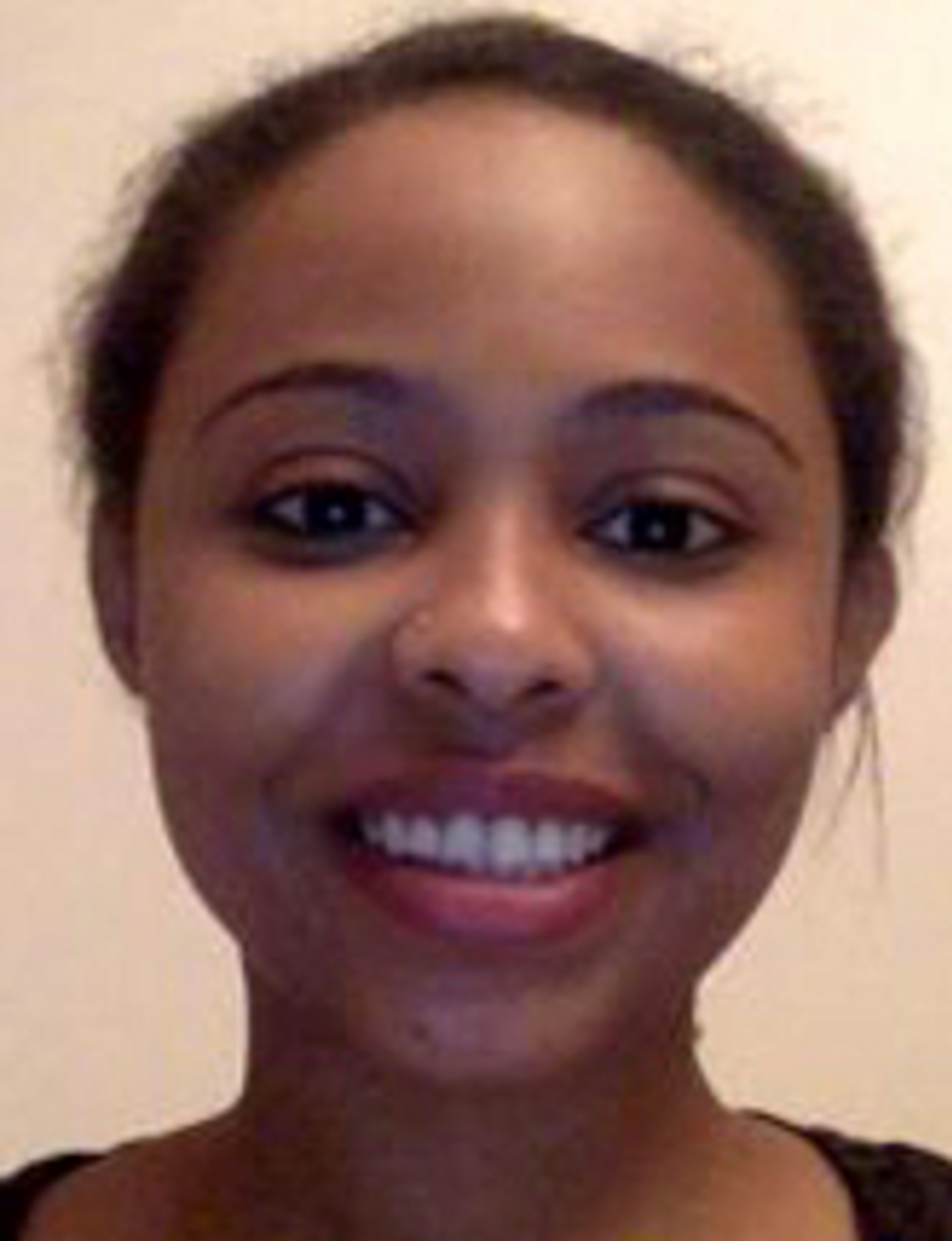
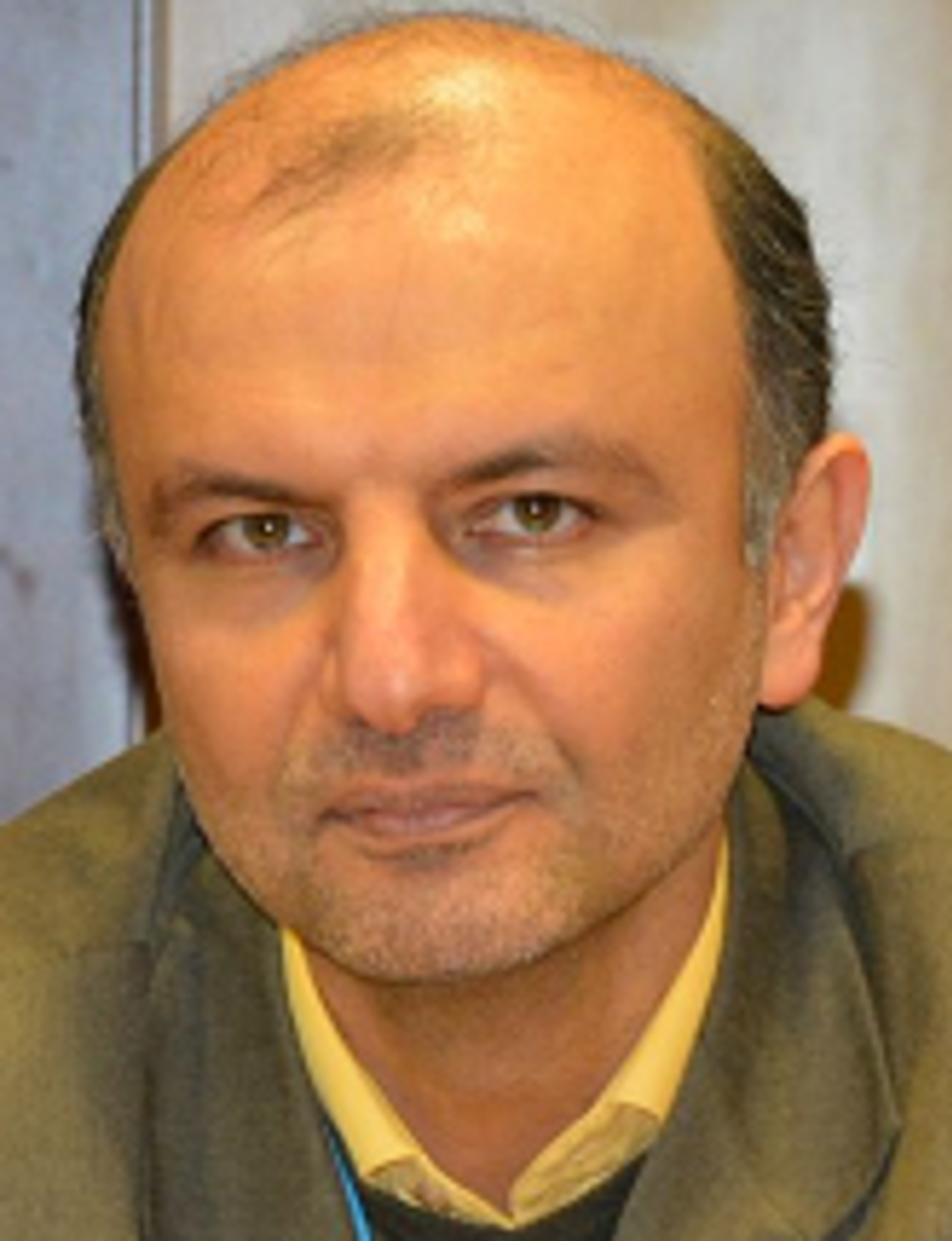
|
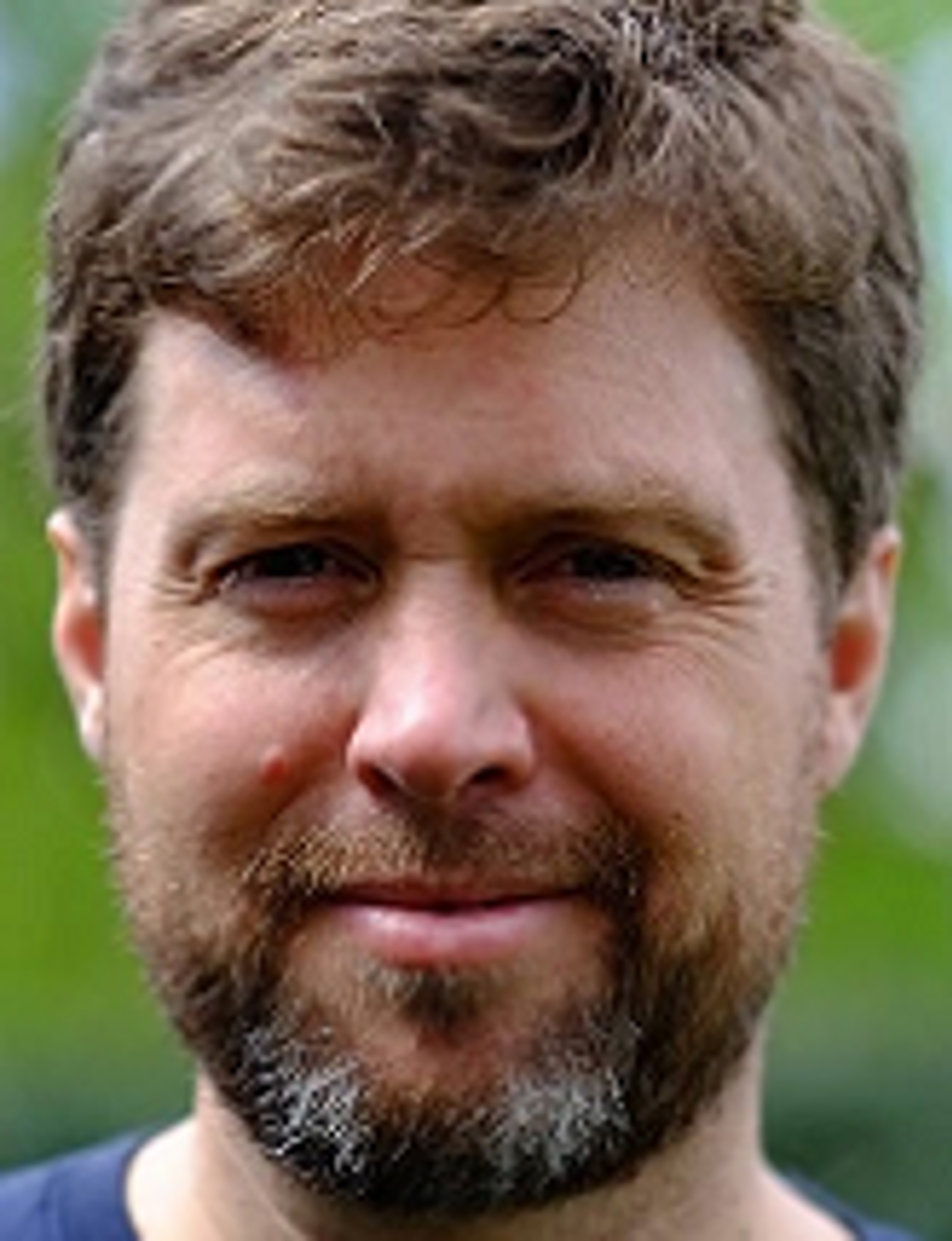
|
|
Johns Hopkins Bloomberg School of Public Health, USA 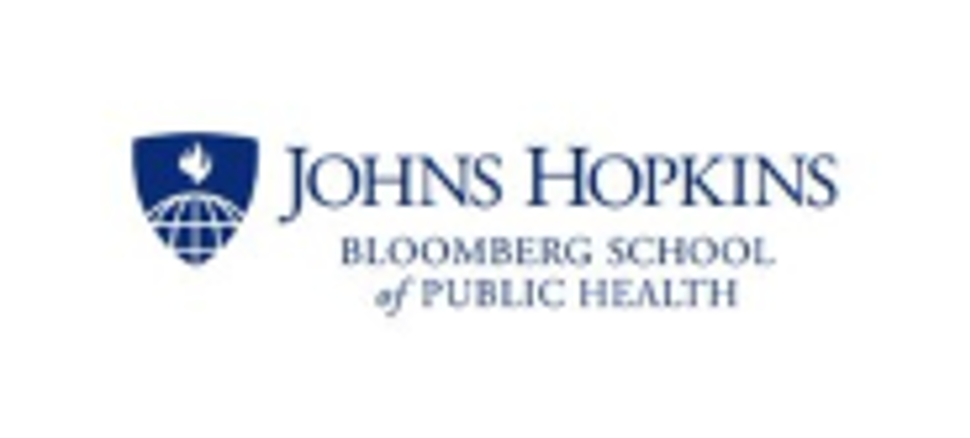
|
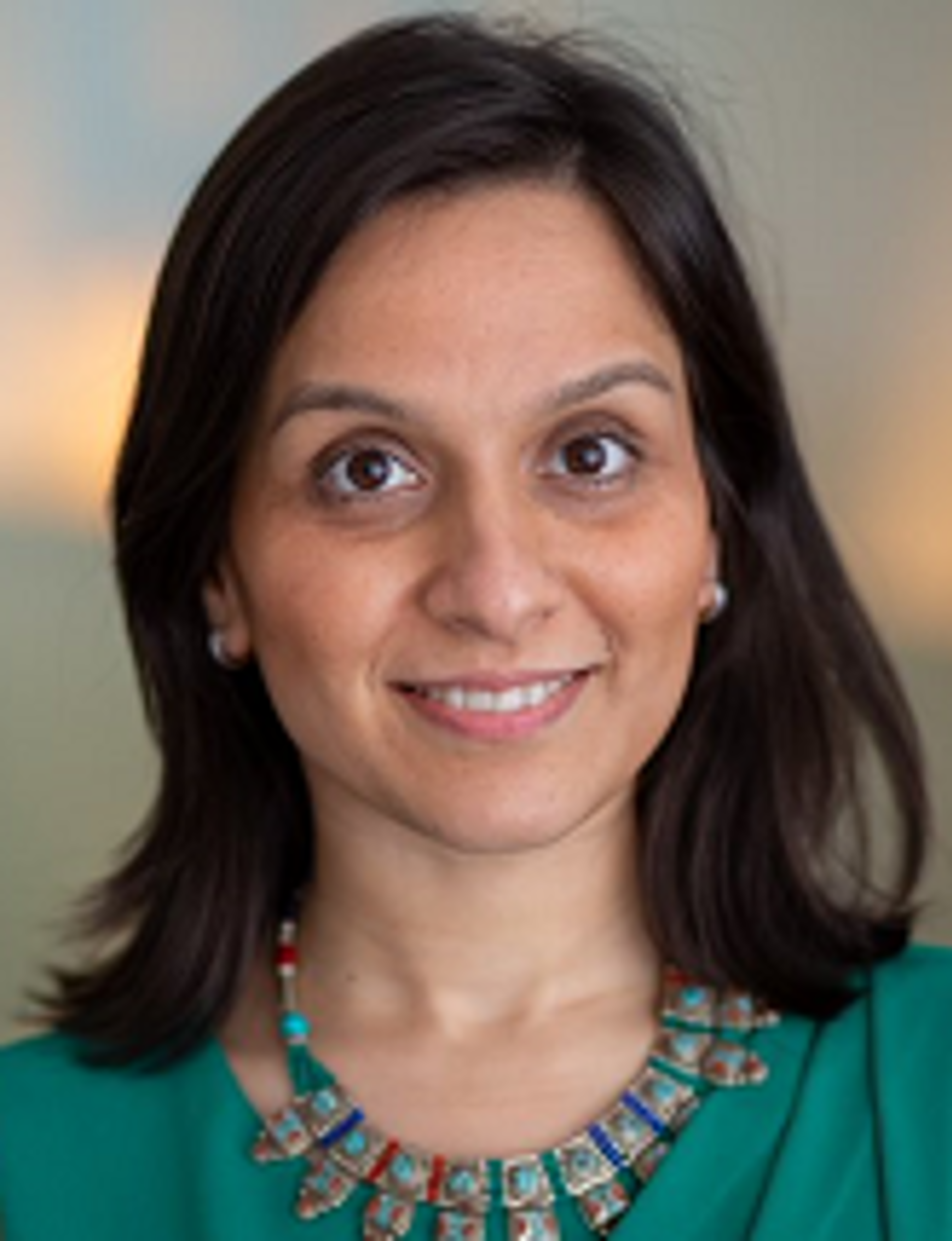
|
Project number
61076
Start
01.12.2021
End
01.12.2025
Status
Active
Financing
Forskningsrådet
Project owner/ Project manager
Folkehelseinstituttet